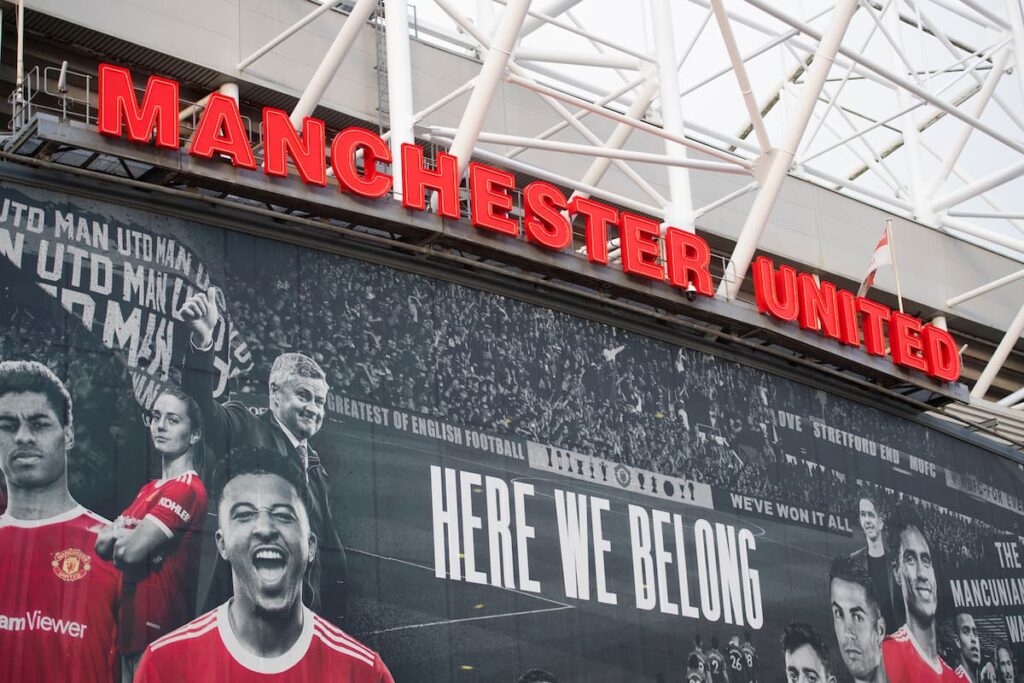A Complex Financial Landscape for the Club
Manchester United is facing a critical moment in its recent history. Despite maintaining an undefeated run in the Europa League, the focus is not on trophies or sporting glory but rather on the estimated financial impact of not winning the competition. More than £100 million is at stake if the club fails to secure the title, which would mark their second season in 35 years without European competition.
After a commanding 3-0 semi-final first-leg victory over Athletic Bilbao, United keeps their hopes alive. However, their poor Premier League performance — currently sitting 14th and on course for their worst-ever points tally — means the Europa League remains their only path to European football for the 2025-26 season.
Co-owner Sir Jim Ratcliffe estimated that Champions League qualification could bring between £80 million and £100 million, while Europa League participation would amount to just £40 million. Football finance expert Kieran Maguire told the BBC: “A good season in the Champions League can be worth far in excess of £100 million, when you combine ticket sales, sponsorship bonuses, and prize money.”
Direct Financial Impact on United
UEFA’s recent competition reforms have significantly boosted the prize pool. Simply participating in the Champions League league stage guarantees at least £70 million, even if a team loses all its matches. In recent years, Manchester United has earned between £52 million and £97 million from European campaigns, demonstrating the vast sums at risk.
Missing out would hit three main revenue areas. First, broadcasting income: initial qualification offers £16 million, plus bonuses for wins, draws, and final league stage placement. Progressing to knockout rounds rapidly increases payouts — a quarter-final run alone would bring nearly £73 million.
Second, matchday revenue: United’s accounts for the first half of the 2024-25 season showed an average of £5.2 million per home match, a figure expected to rise to £6 million next season after a 5% ticket price hike. Hosting four to eight Champions League matches at Old Trafford could mean losing between £24 million and £48 million if they fail to qualify.
Third, commercial deals: failure to qualify would trigger a £10 million reduction in their Adidas deal, spread over the remaining life of the 10-year agreement. Other sponsorships, such as the £60 million-a-year Qualcomm shirt deal, the £20 million DXC sleeve deal, and the £20 million Tezos training kit deal, could also be impacted by undisclosed performance clauses.
An Expanding Financial Risk
The losses would not be confined to one season. Maguire noted that if United qualified for the Champions League and achieved even modest results, they would secure close to £100 million. A deeper run could push revenues to £140 million.
The absence of European competition could slightly lower wage bills — player contracts often include a reduction of up to 25% for missing Europe. United’s wage expenses dropped by £22 million last season due to reduced performance bonuses, but such savings would not offset the massive revenue shortfall.
United is already grappling with a daunting £1 billion debt, including £331 million in outstanding transfer payments. The club is also undergoing cost-cutting measures, including redundancies affecting hundreds of staff members, and has reported a 12% revenue drop in its latest financial quarter. Simultaneously, United has unveiled ambitious plans to build a new £2 billion stadium, although financing details remain unclear.
A Critical Crossroad for Manchester United’s Future
Chief executive Omar Berrada and coach Rúben Amorim have both acknowledged contingency plans in case United misses out on European football. Berrada has emphasized that the club would be “more efficient” and that financial measures are already being implemented to allow summer investments.
Nevertheless, Sir Jim Ratcliffe warned in March that the club would have faced bankruptcy by the end of the year without drastic action. With cumulative losses exceeding £370 million over the past five years, United stands at a critical crossroads where every potential revenue stream becomes essential for future competitiveness and survival.
Winning the Europa League would not just salvage United’s season on the pitch — it would also prevent a financial blow that could severely hamper long-term plans and ambitions at Old Trafford.


